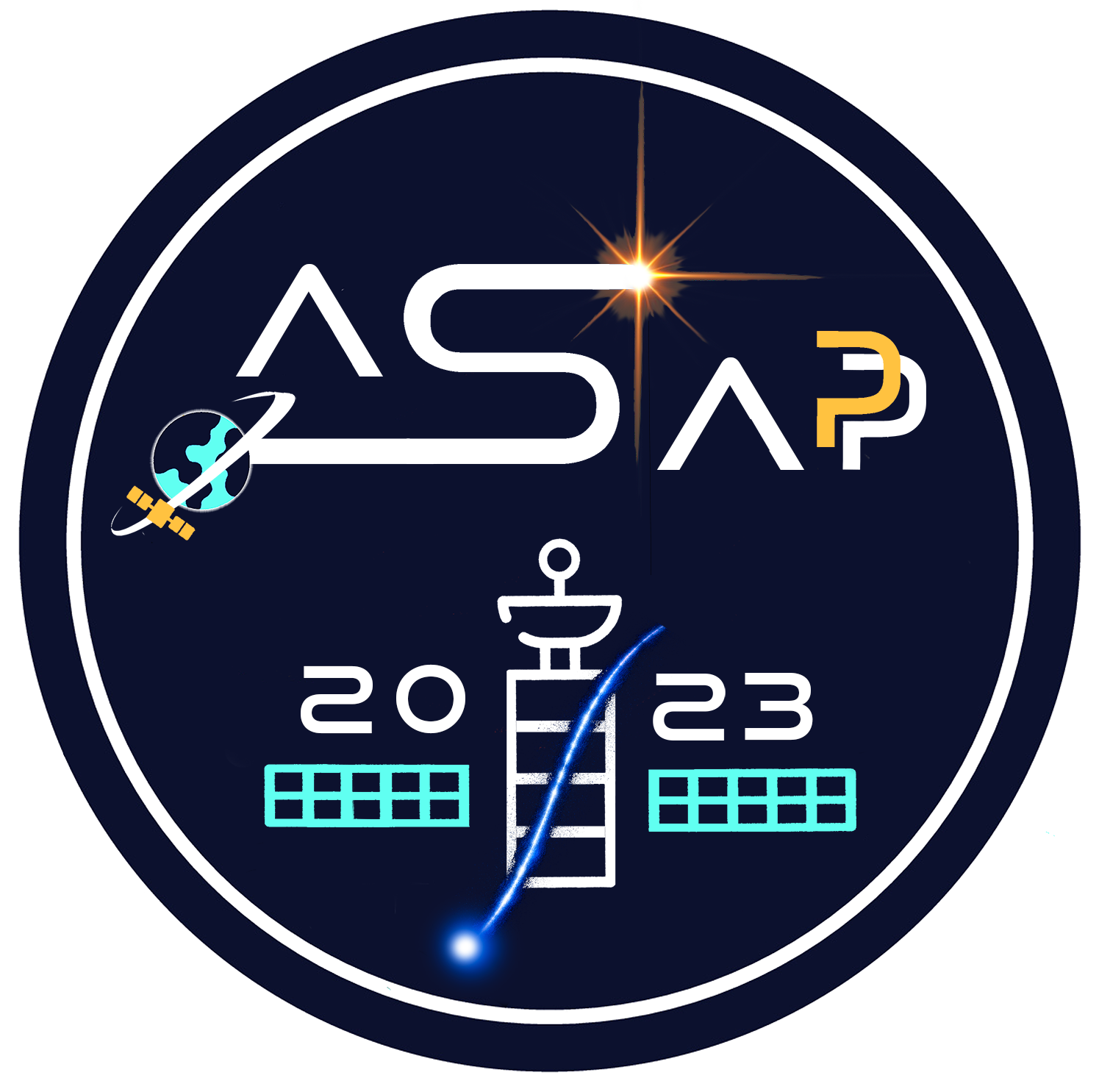Speaker
Description
The search for low energy anti-deuterons in cosmic rays allows to address fundamental physics problems testing for the presence of primordial antimatter and the nature of Dark Matter.
Anti Deuteron Helium Detector (ADHD) project is aiming to study the signature offered by a pressurized Helium calorimeter for the identification of anti-deuterons in cosmic rays.
In particular exotic atoms are produced by stopping anti-protons/anti-deuterons in the gas and the captured particle can orbit the Helium nucleus for microseconds before the annihilation.
This meta-stability is a unique feature for the Helium target and the characteristic delayed annihilation is a distinctive signature to identify the antimatter nature of the stopping particle.
A possible configuration for the ADHD space/balloon detector consists of a pressurized helium scintillating calorimeter surrounded by plastic scintillator layers for velocity measurement.
Anti-deuterons are identified by combining the spectrometric measurement of the stopping particle (velocity vs kinetic energy) with the delayed emission of the outgoing charged pions caused by the anti-deuteron annihilation.
A prototype of the pressurized calorimeter, filled by 200 Bar Helium acting as a scintillator, has been characterized with cosmic muons and with 70-240 MeV proton beam in the INFN-TIFPA laboratory.
The performances for anti-deuterons and anti-protons identification in cosmic rays with the ADHD technique will be summarized and the results of the measurement of the scintillating characteristics (timing, position and energy resolution) of the Helium calorimeter prototype will be shown.
| Eligibility for "Best presentation for young researcher" prize | No |
|---|
